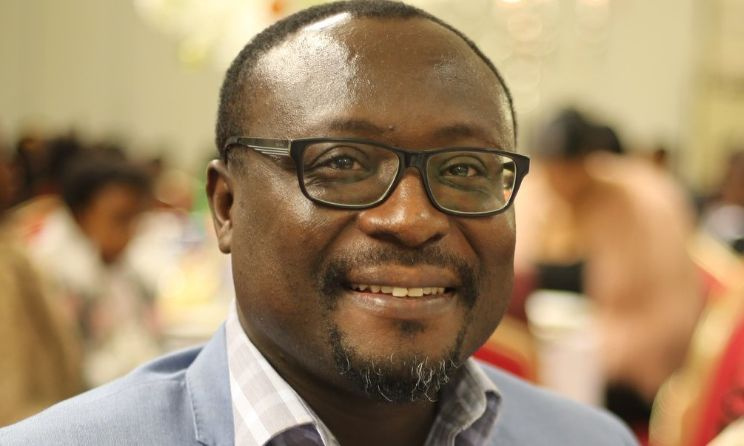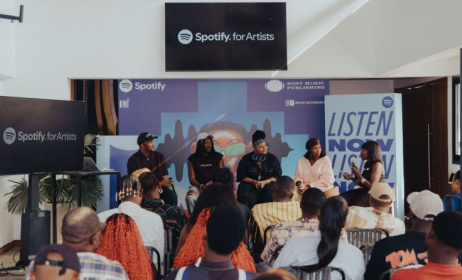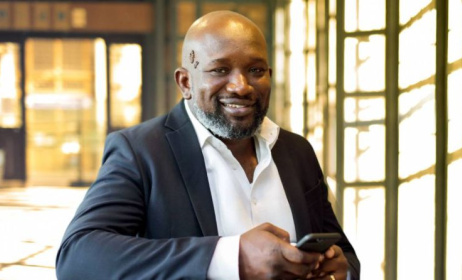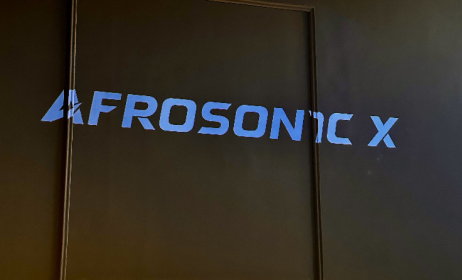Ghana’s Supreme Court hears case on celebrity alcohol endorsement ban
The Supreme Court of Ghana on Wednesday began hearing a case by music executive Mark Darlington Osae challenging a Food and Drugs Authority (FDA) directive that bars celebrities from endorsing alcoholic drinks.
 Ghanaian music executive Mark Darlington Osae is challenging a directive that bars celebrities from endorsing alcoholic drinks.
Ghanaian music executive Mark Darlington Osae is challenging a directive that bars celebrities from endorsing alcoholic drinks.
Osae, founder and CEO of Black Kulcha Music, who also chairs the Ghana Music Alliance pressure group, filed his application a year ago, contending that the FDA’s Guideline 3.2.10 violates constitutional provisions. The petition is widely supported within the creative industry.
However, the FDA claims that its 2015 regulation complies with a World Health Organisation policy. The regulatory body asserts that the ban aims to shield minors from being influenced by celebrities, potentially leading them into alcoholism. In January 2018, the FDA issued a directive specifying that advertisements for alcoholic beverages in Ghana are permitted only between 8pm and 6am. This rule applies to all media, advertisers, as well as manufacturers and importers of alcoholic beverages.
Osae’s main argument revolves around the alleged inconsistency and violation of articles 17(1) and 17(2) of the 1992 Constitution which guarantee equality before the law and prohibit discrimination based on factors such as social or economic status and occupation.
He is pursuing several reliefs, including a declaration that Guideline 3.2.10 is both discriminatory and unconstitutional, urging the court to declare it inconsistent with constitutional provisions that ensure equality before the law and prohibit discrimination based on social or economic status and occupation. He is also requesting the nullification of the guideline and a perpetual injunction to prevent the defendants from hindering celebrities or professionals from endorsing alcoholic products.
Speaking to Music In Africa, Heritage Brewing Company trade marketing executive James Tetteh supported Osae’s assertion that the ban in Ghana is unjust, saying that it has significantly impacted brands, affecting both marketing strategies and sales.
Tetteh underscored the global norm of brands collaborating with celebrities for various promotional activities, citing examples like Lil Wayne endorsing Bumbu Rum and Rick Ross representing Belaire Premium Sparkling wine in the US. He added that selecting celebrities for brand promotion is a deliberate process. “It is not a random decision but a thoughtful one that considers the brand’s positioning, target audience, and alignment with data, demographics, and scientific insights.” Tetteh also highlighted the strategic correlation between the use of brand influencers and sales/marketing success.
Reflecting on the broader implications of the legal battle following the initial hearing, which saw rapper Sarkodie as well as representatives for King Promise and R2Bees in attendance, Osae stressed that the concerns of creatives extend beyond this specific case, urging unity within the creative space to address more significant issues plaguing the space.
“Our issues as creatives are much bigger than just this public interest court case. Let’s use this as a datum and conduit to working together in solidarity, devoid of any personal sentiments, to now tackle other bigger issues within our creative space affecting us.”
The case has been adjourned until 17 January 2024.

































Comments
Log in or register to post comments